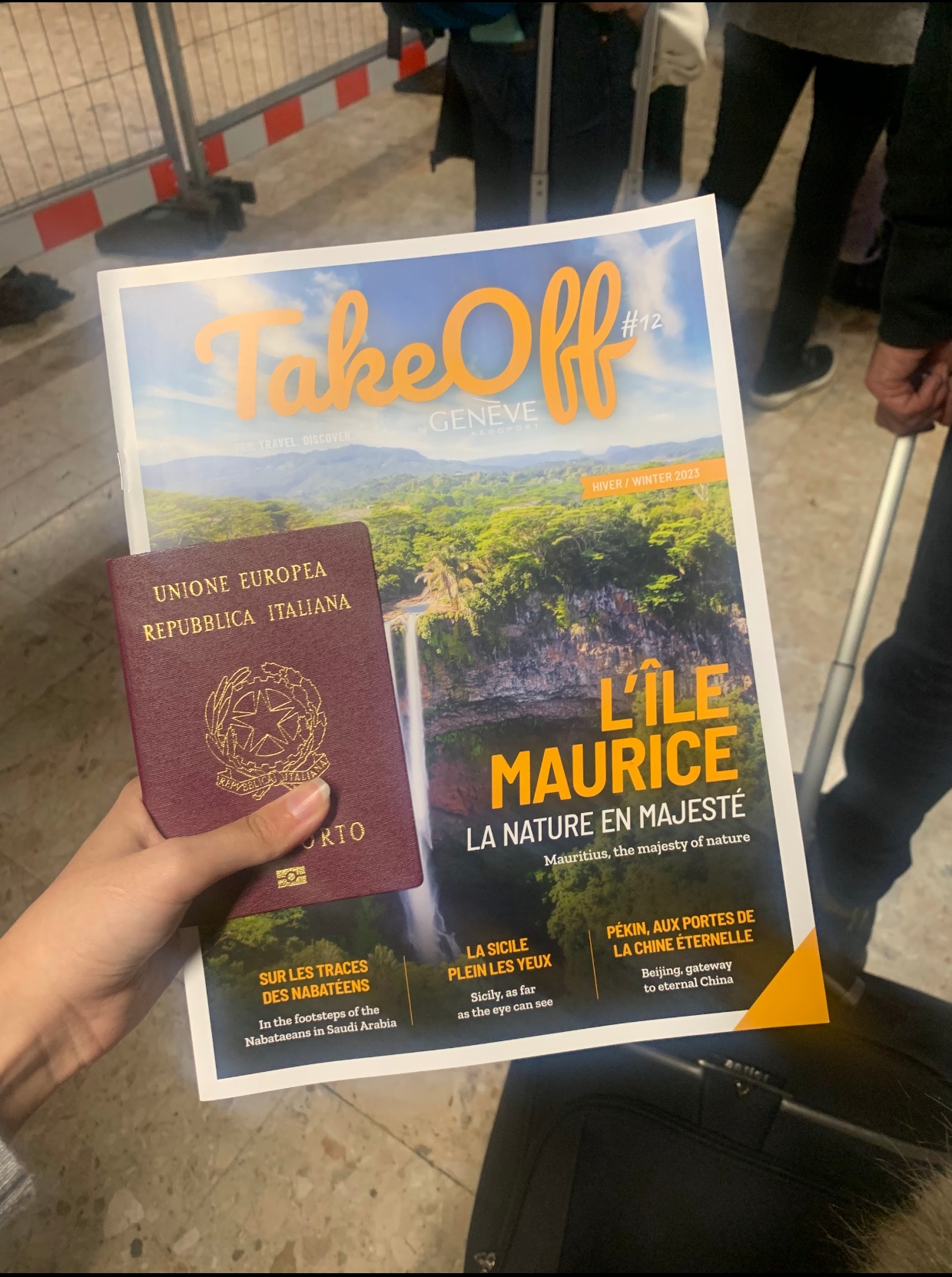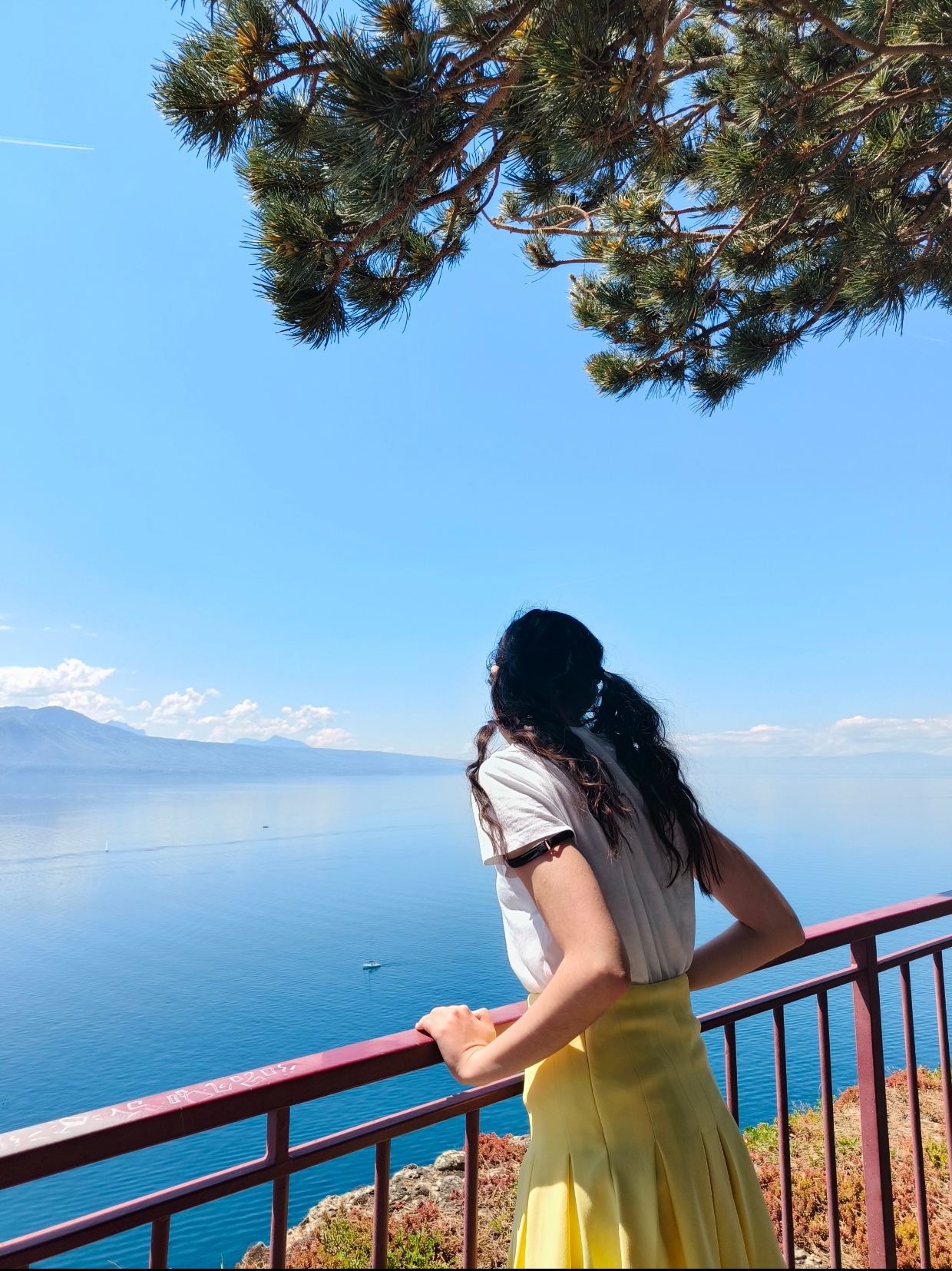Essential advice for university students over a year abroad
I am afraid of having done a year abroad is now my personality trait n ° 1 I would not say that I actively chose to do a year abroad; It was more something for which I registered by default. When I applied to study modern languages and cultures in Sheffield, I noticed that a…

I am afraid of having done a year abroad is now my personality trait n ° 1
I would not say that I actively chose to do a year abroad; It was more something for which I registered by default.
When I applied to study modern languages and cultures in Sheffield, I noticed that a year abroad was a compulsory part of the course. At the time, it looked like a distant requirement, not something I thought about a lot. But with hindsight, I am incredibly grateful that it is compulsory. Without this boost, I doubt that I would have had the confidence to oppose myself, and I would have missed an experience that I will wear with me for the rest of my life.
A year abroad is often sold as an exciting and glamorous adventure. And sometimes it is. But reality can be much more complex. By starting in a whole new place, by building a social life from zero and adapting while looking at your friends at home graduated without you – it is undeniably difficult. It is also easy to fall into the trap of comparing your experience to others that seem to pass “perfect” time. But when things are finally starting to put in place, the memories you create can be among the most significant and durable in your life.
Finances
Making a year abroad will prove to be expensive: outings, events and travel in new places will all weaken the budget. I did my year abroad in Switzerland which is known to be the most expensive country in the world (something I did not know before moving), and although some of my advice and tips can only apply to Switzerland, I am sure there are many who are applicable to other countries.
First, ESN, also known as the Erasmus student network. Most of the universities in European countries will be part of ESN, and although we can no longer count like students from Erasmus, we are always able to join and participate. I made most of my trips with ESN – hiking, tourist visits, a day and weekend visits. They also organize evenings and club events to try new hobbies or kitchens, so there is really something for everyone. ESN is a great way to save money, because their events tend to be cheaper than traveling alone, especially if you have an ESN member card. This will also allow you to obtain discounts with certain airlines / train and other companies.
Train Pass is another thing that I would recommend to examine. Continental Europe is important for traveling by train. In Switzerland, one of the most popular train lets are the Friend Pass, which allows you and up to three friends (therefore a group of four) to travel anywhere by train at a reduced price.
The location plays a huge role in the overall cost of your year abroad. While regions like South America, Asia or Oceania may seem attractive – and are often cheaper with regard to daily expenses such as food, travel and accommodation – long -haul flights can quickly eat in your budget. It is also worth considering how far your destination is. A more isolated location can mean limited transport options, which makes it more difficult (and more expensive) to travel during your stay.
Do your research. Look for supermarkets so as not to end up shopping with the Spanish equivalent of Waitrose, obtain a club card and start to collect these points and good, to search for students’ discounts – not only to eat or go out, but even for daily things, such as opening a new bank account if necessary. Something that saved me was sent a survival kit from my host university with lists of places to save money – in terms from where to buy, where to get a SIM card for my phone, where to open a bank account. If this is not something that your university offers, then ask the other students, we were all there.
Finally: telegram. We all remember having joined thousands of Instagram, Facebook and Snapchat groups before starting the university, and the equivalent in continental Europe, at least in my case, was Telegram. Join the main ESN cats, those separated that they make for specific events, the main university group, housing and ask questions. Depending on the moment you register, you may meet with students who move and give part of their furniture, their bedding, their random decoration, for free.
Accommodation

It was difficult for me. I always recommend trying to stay in an official united accommodation – it is generally close to the campus and an excellent way to meet other students, to exchange or not. Each university and countries will have its own system: some offer accommodation specifically for students in exchange, while others help you find a place independently. If you have trouble, there are also a lot of Facebook groups with students looking for roommates or trying to sublet their rooms. Just be careful – The scams are common. I was lucky that my host university offered to check the property ties that I found to help me avoid questionable announcements, so it is always worth asking.
Another important point: you are in a foreign country, and unfortunately, in certain places, your nationality can make it more difficult to secure housing. Some owners may be reluctant to rent to non-local. Rental via a third party is always a bit of a risk, so if united accommodation is an option, I would strongly recommend going.
Experience

Regarding advice, mine is probably something that you have heard countless times – but it’s true: take advantage of it because it passes. Although you are friends with full -time local students can be a great way to integrate and improve your linguistic skills (if that’s something you have in mind), I found much easier to connect with other students in exchange. They are in the same boat as you – having moved to a new country by themselves and eager to meet new people – while local students of their last years have often established groups of friends and are more concerned with their theses.
You will probably meet other students in exchange during ESN events, during the Welcome Week or in beginning and non -native language courses. Personally, I met most of my friends during ESN events, and my closest friend that year was someone I met in a class specifically designed for students in exchange.
Overall, what it means to “get the most out of your year abroad is entirely personal. For some, it is a question of building a social life, going out and meeting new people. Others may impatiently wait for the solo traveler aspect specifically. And then there are those who just want to settle in a routine and live daily life in a new setting. In the end, there is no good or bad way to feel it.
Sure trips!






